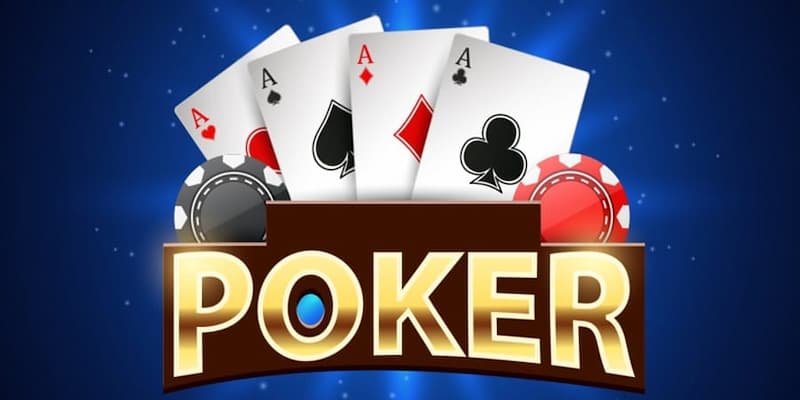
Video Poker
Understanding the psychological aspects of gameplay is crucial for Video Poker enthusiasts. This segment delves into the mental frameworks that can affect decision-making and ultimately impact overall performance and enjoyment of the game.
Video Poker of Emotion in Decision-Making
Emotion plays a significant role in gambling. Players often find themselves ridden with excitement during winning streaks or frustration during losing spells. Recognizing this emotional influence is essential to maintain an objective approach to the game nhà cái QQ88.
Emotional discipline entails remaining composed when faced with both victories and defeats. A winning streak can lead to overconfidence and reckless betting, while a series of losses can prompt chasing ones, resulting in poor decisions. Practicing emotional resilience helps players return to their strategic mindset, allowing for sound decision-making even during turbulent sessions.
It’s essential to set aside emotional responses and focus on mathematical principles and strategies. Considering decisions solely based on strategy rather than impulse can foster a more rational approach to gaming.
Building a Strong Mental Framework
Cultivating a strong mental framework can empower players to navigate the ups and downs of Video Poker. Developing a structured mindset encourages rational decision-making that aligns with long-term strategic goals rather than short-term emotional responses.
Players should adopt a philosophy that embraces learning from losses as much as victories. This fosters a mindset focused on continual growth rather than transitory outcomes. Viewing losses as opportunities to analyze mistakes strengthens gameplay and decision-making in future sessions.
In the same vein, celebrating victories, regardless of size, reinforces positive behavioural patterns that contribute to sustained engagement and enjoyment of the game.
The Impact of Community and Collaboration
Community engagement is another pivotal aspect of the psychology of Video Poker. Interacting with peers fosters a sense of camaraderie, often leading to shared insights and a more profound understanding of the game.
Joining local poker clubs or online communities allows players to discuss strategies, share experiences, and mutually support each other’s growth. This collaborative aspect encourages players to remain accountable to their strategic goals and reinforces the importance of continuous improvement.
Feeling connected to fellow players can enhance motivation and create a supportive environment where players can lean on each other during challenging times. When players share both perspectives on gameplay and emotional experiences, knowledge and support combine, enriching the overall gaming experience.


